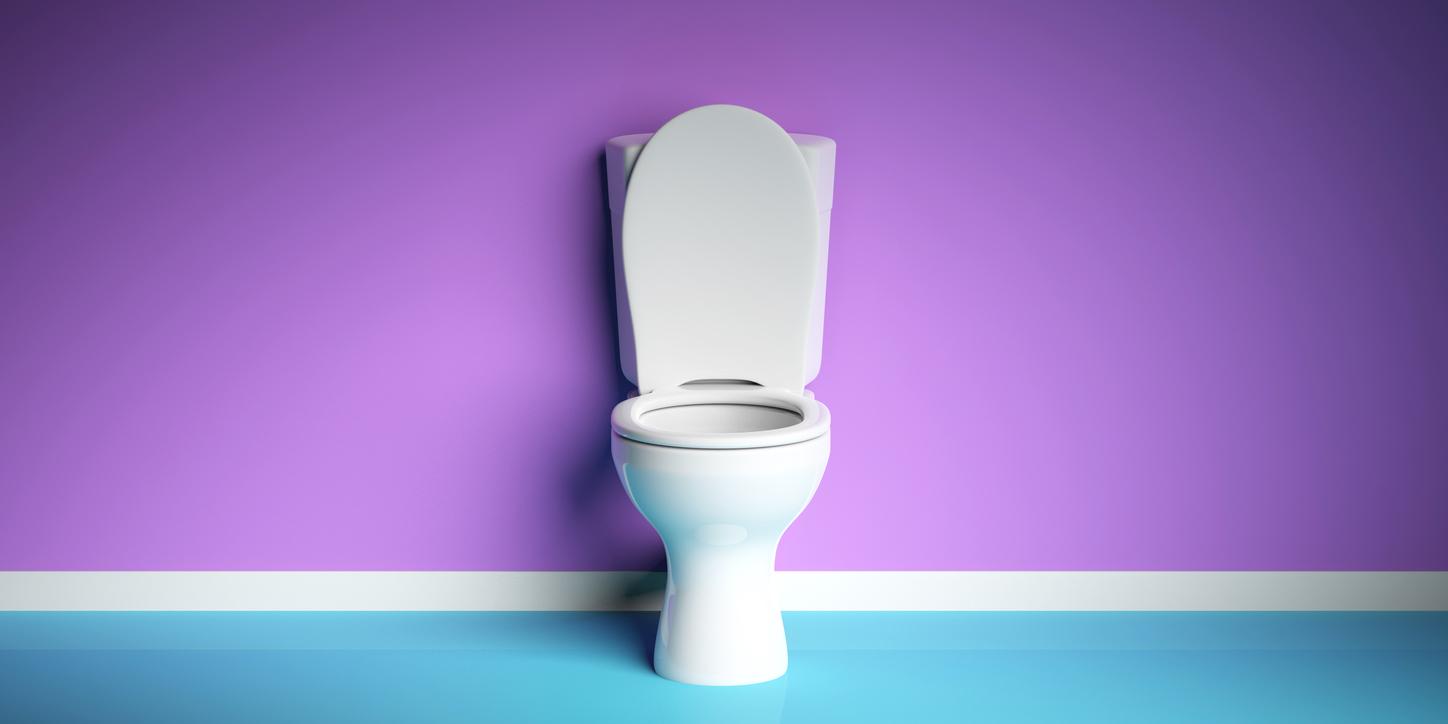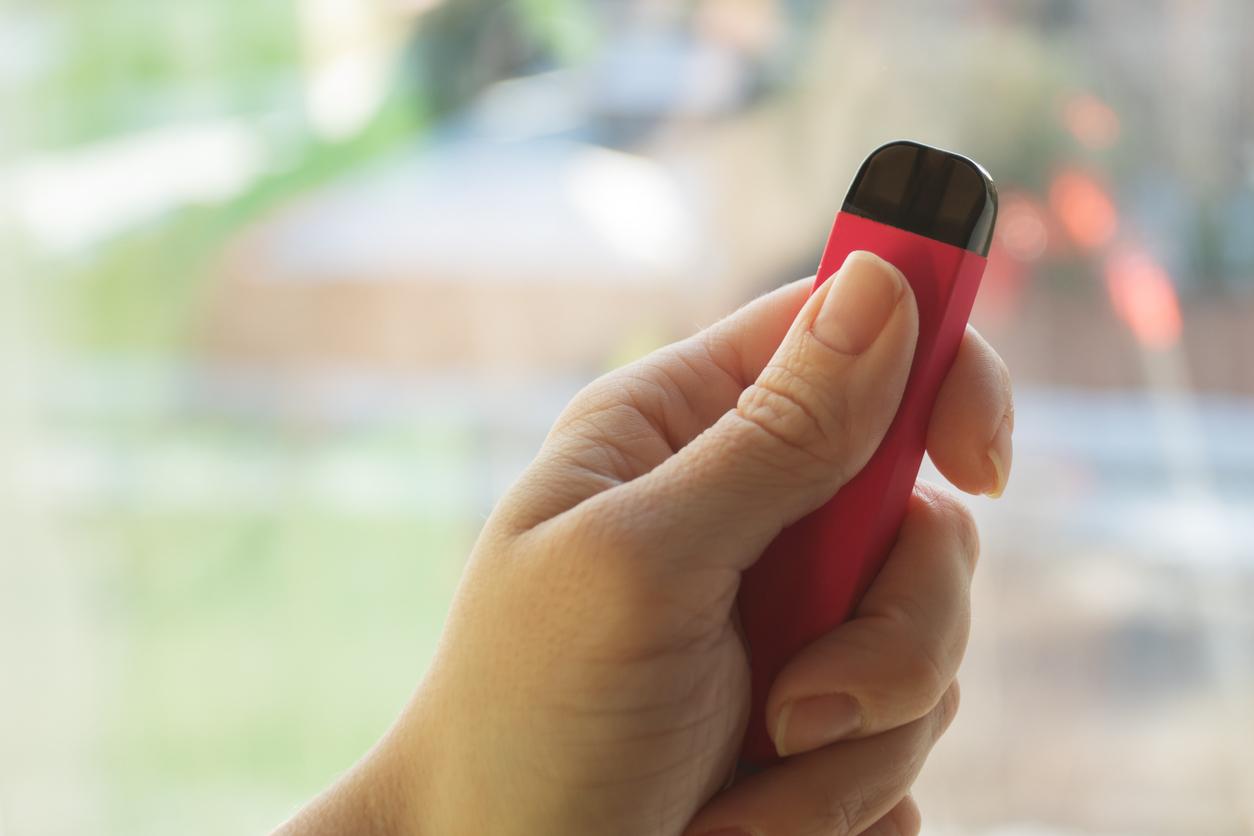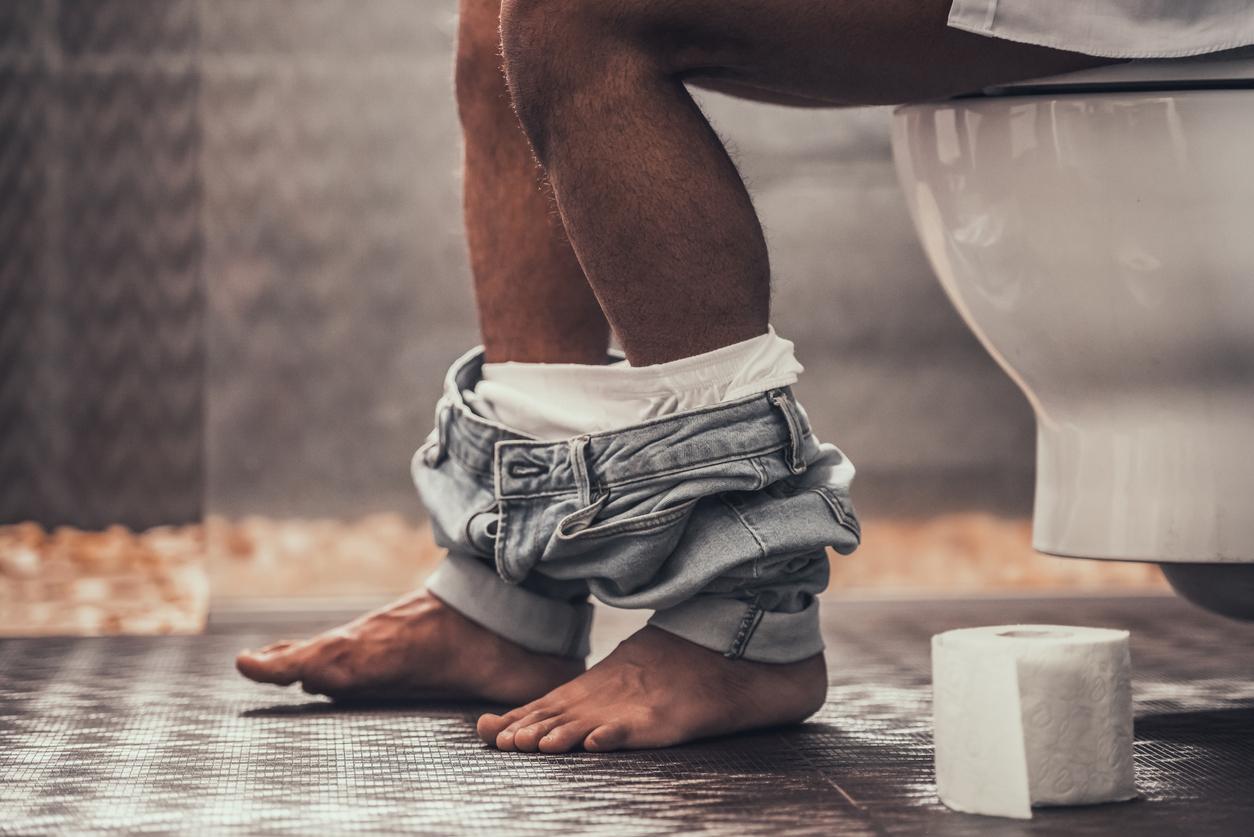American researchers have announced that they are manufacturing toilets capable of analyzing the urine and stool of users to detect possible health problems.

- Americans have developed a toilet capable of analyzing urine and stool
- This device can be linked to an application that alerts the user in the event of an anomaly detected
Smart toilets, the future of health? It would seem fine. About a year ago, the start-up Heart Health Intelligence announced that it had created a toilet seat capable of detecting congestive heart failure. A few months ago, researchers at the University of Winconsin (United States) announced that they were manufacturing smart toilets capable of collecting information in urine to monitor an individual’s state of health in time. real. Recently, researchers from the American University of Stanford announced that they also have a similar project in their pipeline. Project more and more concrete since they tested their super WC on 21 subjects. The results of their study appeared in April 6 in the journal Nature Biomedical.
“Our concept goes back more than 15 yearsexplains Professor Sam Gambhir, in a press release published on the university’s website. When I brought it up, people kind of laughed because it seemed like an interesting idea, but also kinda weird.” Researchers have therefore developed toilets equipped, inside the bowl, with technology that detects the user’s movements. This deploys a test mixture to evaluate the deposits. In detail, urine samples are subjected to physical and molecular analysis, while stool evaluation is based on physical characteristics.
Then the cuvette automatically sends the data to a secure online system. These are then processed by a set of algorithms capable of distinguishing between normal “urodynamics” (flow, travel time and total volume, among other parameters) and unhealthy stool consistencies.
“Everyone uses the toilet”
These super toilets also use urinalysis strips to measure certain molecular characteristics, because the “white blood cell count, constant blood contamination, certain protein levels and other parameters can indicate a range of illnesses, from infection to bladder cancer to kidney failure”, explain the researchers. Currently, toilets are able to measure 10 different biomarkers.
“The thing about smart toilets, however, is that unlike wearable items, you can’t remove them”, explains Sam Gambhir. The technology is integrated into a classic porcelain bowl. “It’s a bit like buying an extra bidet that can be mounted directly into your existing toilet. And like a bidet, it has little extensions that perform different functions (…) Everyone uses the toilet — there’s no way around it — and that increases its value as a disease-detecting device”he welcomes.
However, what may well disturb some consumers is the integrated identification system. “The goal is to provide accurate and individualized health feedback, so we needed to make sure the toilet could discern between usersexplains Sam Gambhir. To do this, we made a flush lever that reads fingerprints.” For even more reliability, the researchers have also fitted the toilets with a small scanner to recognize certain parts of the body that are difficult to access for a conventional camera. “We know it sounds weird, but it turns out your anal print is unique”details Sam Gambhir, assuring that these toilets are neither intended to replace a doctor nor a diagnosis.
Individualize the tests?
In practice, the sensors will not transmit any data directly to the patient. “In an ideal scenario, if something suspicious were to happen — like blood in the urine — a privacy-enabled app would send an alert to the user’s healthcare team, allowing professionals to determine the next steps for a correct diagnosis. The data would be stored in a secure, internet-based system”say the researchers.
As for those who are worried about the use of their health data, Gambhir wants to reassure them. “We have taken stringent steps to ensure that all information is de-identified when sent to the cloud and that information — when sent to healthcare providers — is protected under the HIPAA law”explains the researcher, in reference to the US Health Insurance Portability and Accountability Act, which restricts the disclosure of health care records.
From now on, the researchers would like to increase the number of participants in their studies. They are also working to integrate molecular characteristics into stool analysis and to refine already effective technologies. Finally, in the long term, they would like to individualize the tests set up by the WCs. Thus, a diabetic might need their urine checked for glucose while a user prone to bladder or kidney cancer might need their toilet checked for blood in their urine. It remains to convince potential cautious consumers of the usefulness of such technology.
.

















